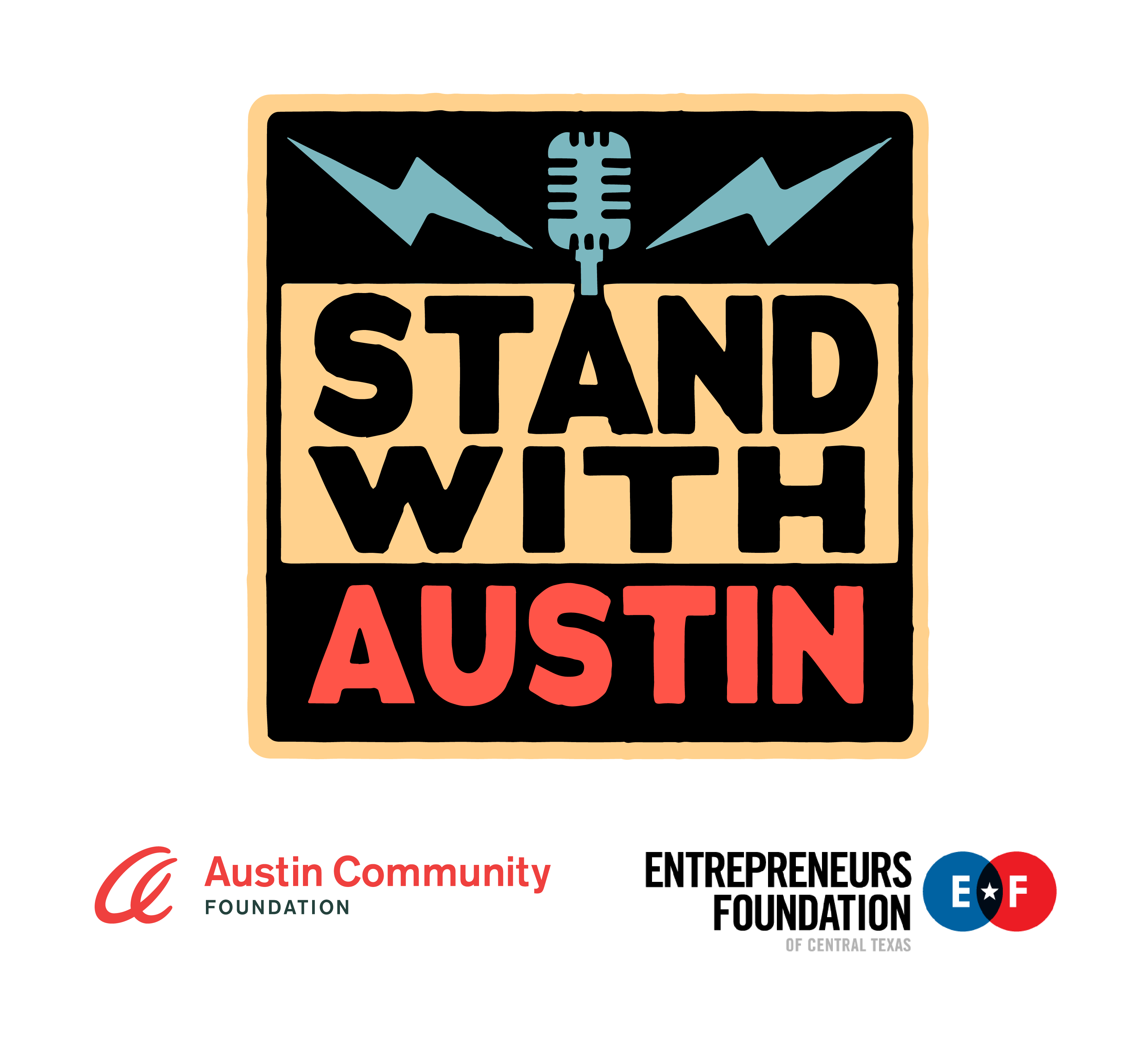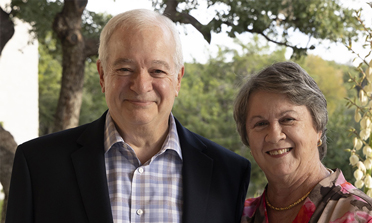 AUSTIN, TX – Austin Community Foundation announced today $687,500 in grant funding will be awarded to 15 nonprofits from the Stand with Austin Fund in an effort to provide some measure of relief to individuals and small businesses most negatively impacted by the cancellation of the 2020 SXSW Conference and Festival. The fund was created by Austin Community Foundation and the Entrepreneurs Foundation to help offset the economic impact of SXSW’s cancellation.
AUSTIN, TX – Austin Community Foundation announced today $687,500 in grant funding will be awarded to 15 nonprofits from the Stand with Austin Fund in an effort to provide some measure of relief to individuals and small businesses most negatively impacted by the cancellation of the 2020 SXSW Conference and Festival. The fund was created by Austin Community Foundation and the Entrepreneurs Foundation to help offset the economic impact of SXSW’s cancellation.
“In wake of the COVID-19 virus and its economic fallout, so many have stepped forward to help,” Austin Mayor Steve Adler, said. “Thank you, Entrepreneurs Foundation and Austin Community Foundation for being among the first that mobilized so quickly to turn generosity into direct support for those most in need.”
“Austinites responded generously to assist those most negatively impacted by the cancellation of SXSW,” Eugene Sepulveda, CEO, Entrepreneurs Foundation, said. “We are honored to award nearly $690,000 to 15 local nonprofits that are helping individuals and small business owners overcome the economic hardships many are facing in light of COVID-19.”
“Thanks to the many individuals and business who took the Stand with Austin fund to heart by generously donating, creating special fundraisers, or contributing a portion of sales to the fund,” Mike Nellis, chief executive officer, Austin Community Foundation, said. “The grants distributed today will help artists, small business owners, hospitality workers, and many others lessen the economic burden that the cancellation of SXSW, and now the COVID-19 crisis, has caused. When we get to the other side of this pandemic, we look forward to once again regularly attending live music shows, dining at local restaurants and enjoying the events that make Austin special.”
The application review process was led by an advisory committee made up of individuals representing the creative, service and hospitality industries. Nonprofits were selected based on three main criteria:
- Knowledge of the constituency served: Preference shown to organizations with a history of supporting self-employed, hourly workers and people in the gig economy.
- Plan for the type of relief offered: Organizations that proposed support for individual and small businesses in the following industries:
- Music and creative
- Service and bar
- Hospitality
- Defined process for quick distribution to those most affected: Applicants must have demonstrated the ability to identify and support the affected constituencies with prudence and expedience.


